The Revolution of AI Computing: Power of Artificial Intelligence
Artificial Intelligence (AI) computing has emerged as a transformative technology, reshaping various industries and revolutionizing the way we live and work.
With its ability to process vast amounts of data, learn from patterns, and make intelligent decisions, AI computing has become a game-changer in areas such as healthcare, finance, manufacturing, and more.
1. What Is AI Computing?
AI computing refers to the process of utilizing advanced algorithms and computational power to enable machines to simulate human intelligence. It involves the development of intelligent systems that can perform tasks requiring human-like cognitive abilities, such as perception, decision-making, problem-solving, and natural language processing.
2. How Does AI Computing Work?
2.1 Dataset Preparation (ETL)
In AI computing, the first step involves gathering and preparing the data for analysis. This includes data extraction, transformation, and loading (ETL) processes. The data is collected from various sources, cleaned, and organized to create a suitable dataset for training the AI models.
2.2 Model Selection or Design
Once the dataset is prepared, the next step is to select or design an appropriate AI model. This involves choosing the right algorithm or architecture that can effectively process the data and extract meaningful insights. Common AI models include deep learning neural networks, support vector machines, decision trees, and more.
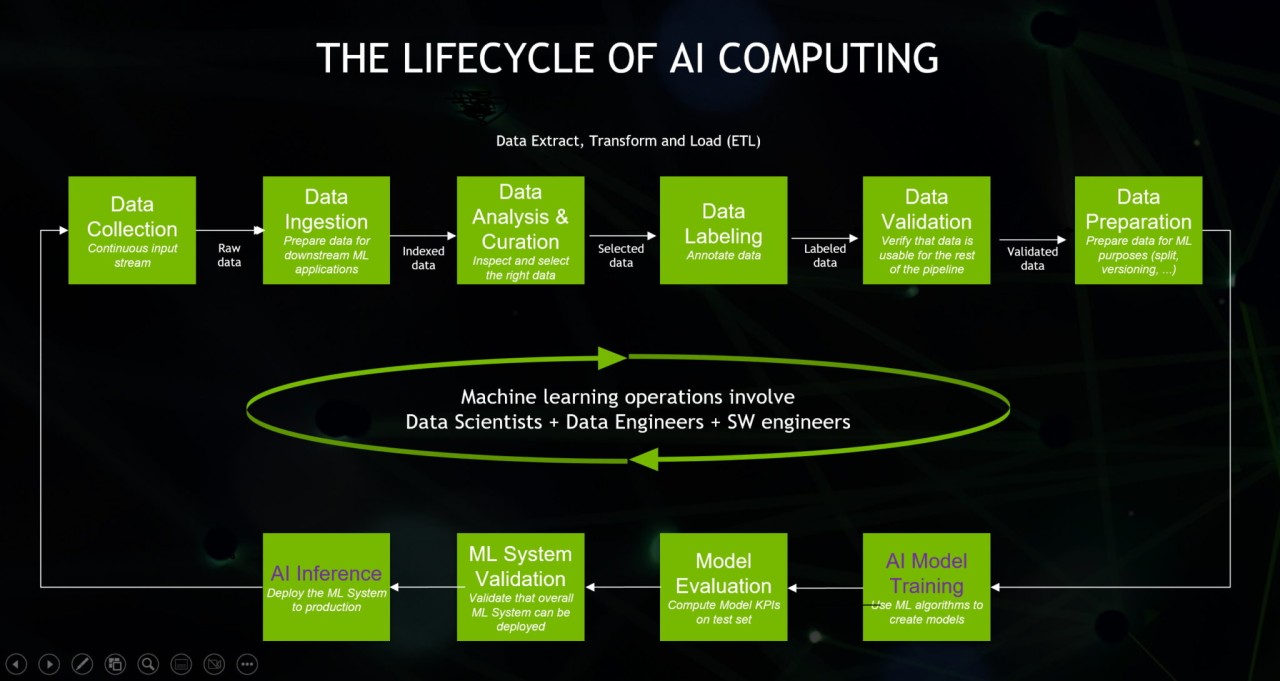
2.3 Data Analysis and Insights (Inference)
After training the AI model using the prepared dataset, the system is ready for data analysis and generating insights. The trained model can analyze new data, make predictions, classify information, or generate recommendations based on the patterns and knowledge learned during the training phase.
3. Impact of AI Computing on Various Industries
AI computing has found applications across various industries, transforming the way businesses operate. Let's explore some notable impacts:
3.1 Healthcare
AI-powered systems can analyze medical data, assist in disease diagnosis, predict patient outcomes, and even aid in drug discovery. This leads to improved patient care, personalized treatments, and more efficient healthcare processes.
3.2 Finance
AI algorithms can analyze financial data, detect fraud, automate trading, and offer personalized investment advice. This enhances risk management, improves decision-making, and optimizes financial operations.
3.3 Manufacturing
AI-driven automation improves efficiency, quality control, and predictive maintenance in manufacturing processes. It enables predictive maintenance, reduces downtime, and enhances overall productivity.
3.4 Customer Service
AI chatbots and virtual assistants enhance customer support by providing instant responses and personalized recommendations. This leads to improved customer satisfaction, reduced response times, and cost savings for businesses.
3.5 Autonomous Vehicles
AI enables self-driving cars to perceive their environment, make decisions, and navigate safely. This technology is revolutionizing transportation, making it safer, more efficient, and paving the way for autonomous mobility services.
4. Future of AI Computing
The future of AI computing is incredibly promising. Advancements in machine learning, natural language processing, and neural networks will unlock new possibilities, making AI even more intelligent and adaptable. We can expect:
4.1 Enhanced Personalization
AI will enable highly personalized experiences across various domains, such as healthcare, retail, and entertainment, by understanding individual preferences and tailoring services accordingly.
4.2 Ethical Considerations
As AI becomes more integrated into society, ethical considerations such as data privacy, bias mitigation, and transparency will become increasingly important in AI development. Striking the right balance between innovation and responsible AI usage will be crucial.
4.3 Collaboration between Humans and AI
Rather than replacing humans, AI will collaborate with them, augmenting human capabilities and assisting in complex decision-making processes. This human-AI partnership will lead to improved productivity and innovation.
Conclusion
AI computing has revolutionized industries by enabling machines to mimic human intelligence. By leveraging the power of AI, businesses can unlock new opportunities, enhance efficiency, improve decision-making, maximize the visibility and impact of their AI computing-related content, ensuring they stay at the forefront of this transformative technology.
As we move forward, AI computing will continue to evolve, shaping the future and transforming the way we interact with technology and each other.


 EN
EN JP
JP KR
KR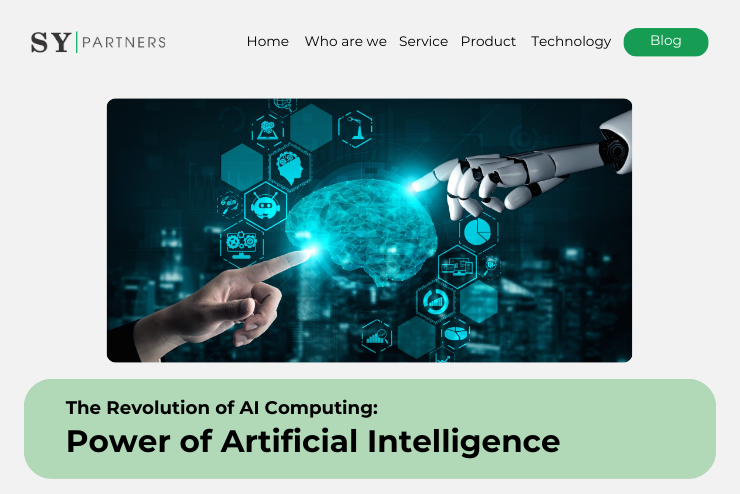


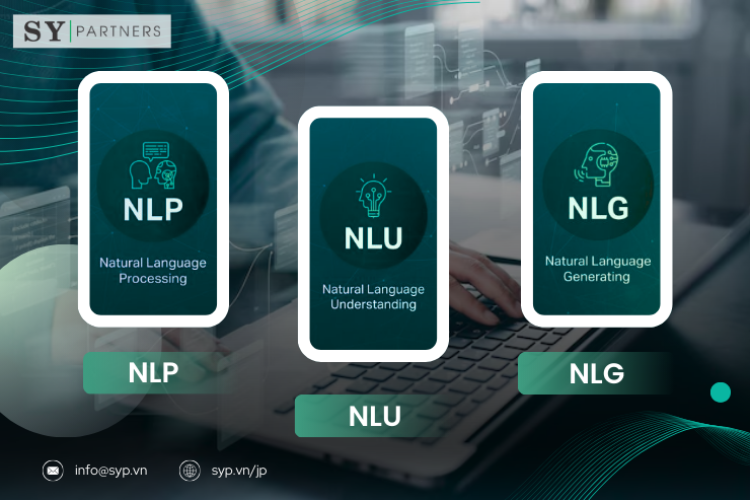
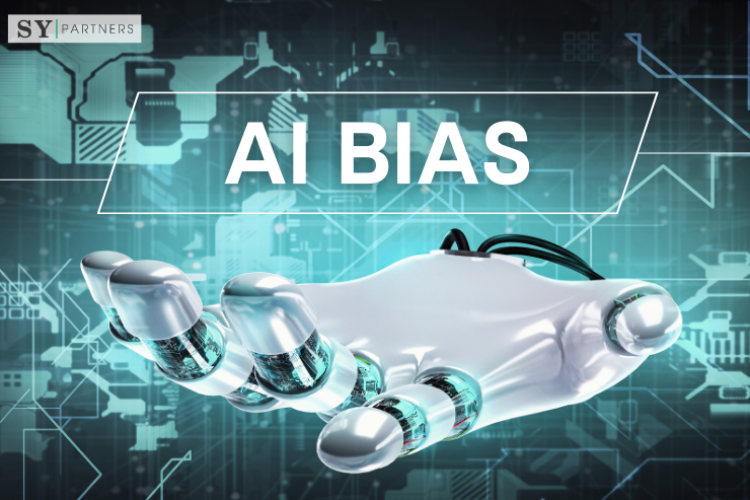
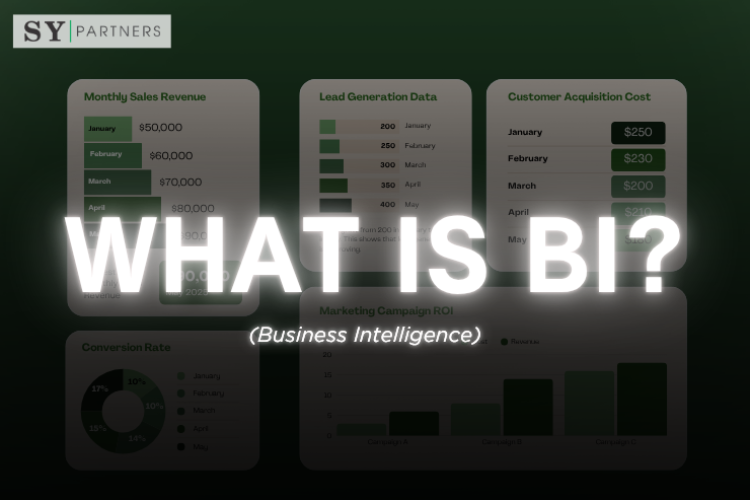
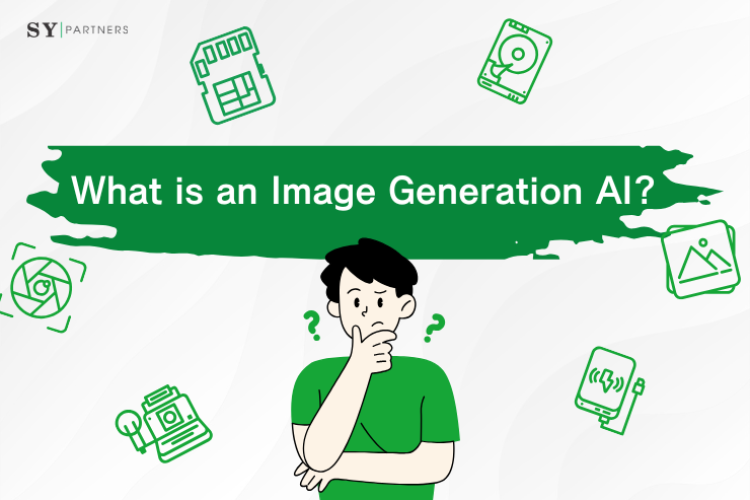




![[For Enterprises] Adoption Rate of Microsoft Copilot and 8 Key Business Use Cases](/sites/default/files/styles/medium/public/articles/%5BFor%20Enterprises%5D%20Copilot%20%E2%80%94%20Corporate%20Adoption%20Rate%20and%208%20Business%20Use%20Cases.png?itok=6MVSPst9)
![[For Enterprises] Grok — Corporate Adoption Rate and 8 Business Use Cases](/sites/default/files/styles/medium/public/articles/%5BFor%20Enterprises%5D%20Grok%20%E2%80%94%20Corporate%20Adoption%20Rate%20and%208%20Business%20Use%20Cases%20%281%29.png?itok=3Vu1lBCh)
![[For Enterprises] Claude — Corporate Adoption Rate and 8 Business Use Cases](/sites/default/files/styles/medium/public/articles/%5BFor%20Enterprises%5D%20Claude%20%E2%80%94%20Corporate%20Adoption%20Rate%20and%208%20Business%20Use%20Cases.png?itok=tc2aEIEt)